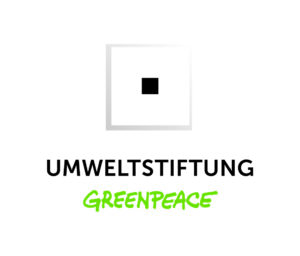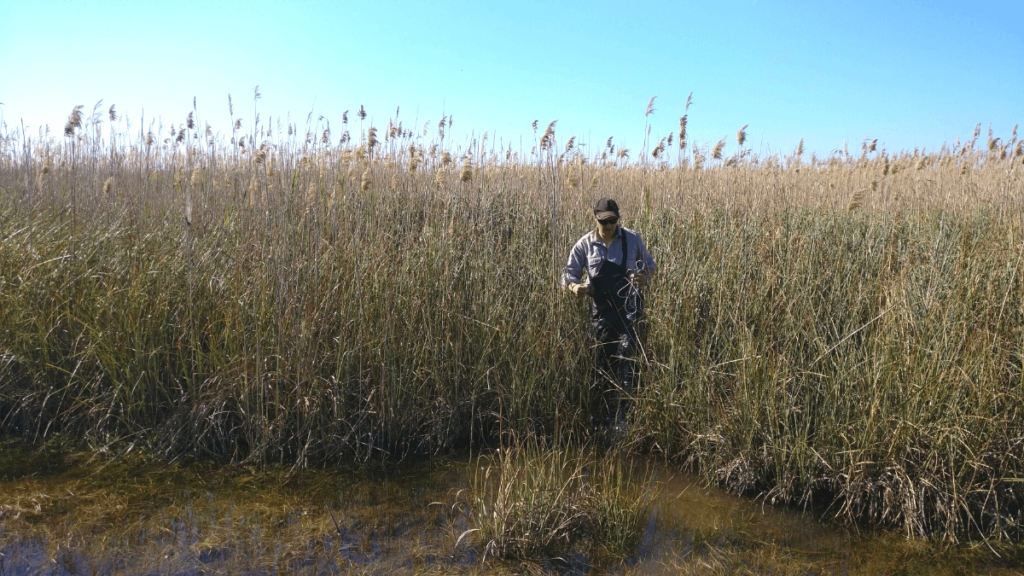Croatia is booming as a tourist destination, its extremely diverse nature with numerous waters, islands, beaches, cliffs and mountains groaning under masses of tourists. For the nature reserves and their rangers, the growing tourism infrastructure brings ever-increasing tasks outshining many important conservation goals. We talked to the Vice-President of the Croatian Ranger Association, Dario Rogić, about how they nevertheless try to fulfill them.
Dario has been working for 18 years in the Nature Park Vransko jezero, with Vransko lake as the biggest in Croatia. Here he explains why education is the key, how some tourism organisations misuse the term ranger and Croatian rangers are working on official recognition of the ranger profession with a fixed curriculum. One or other of these topics will certainly be discussed at the upcoming XXIII. Annual Croatian Ranger seminar, international guests are welcome! Stay tuned to read the agenda once it’s settled.
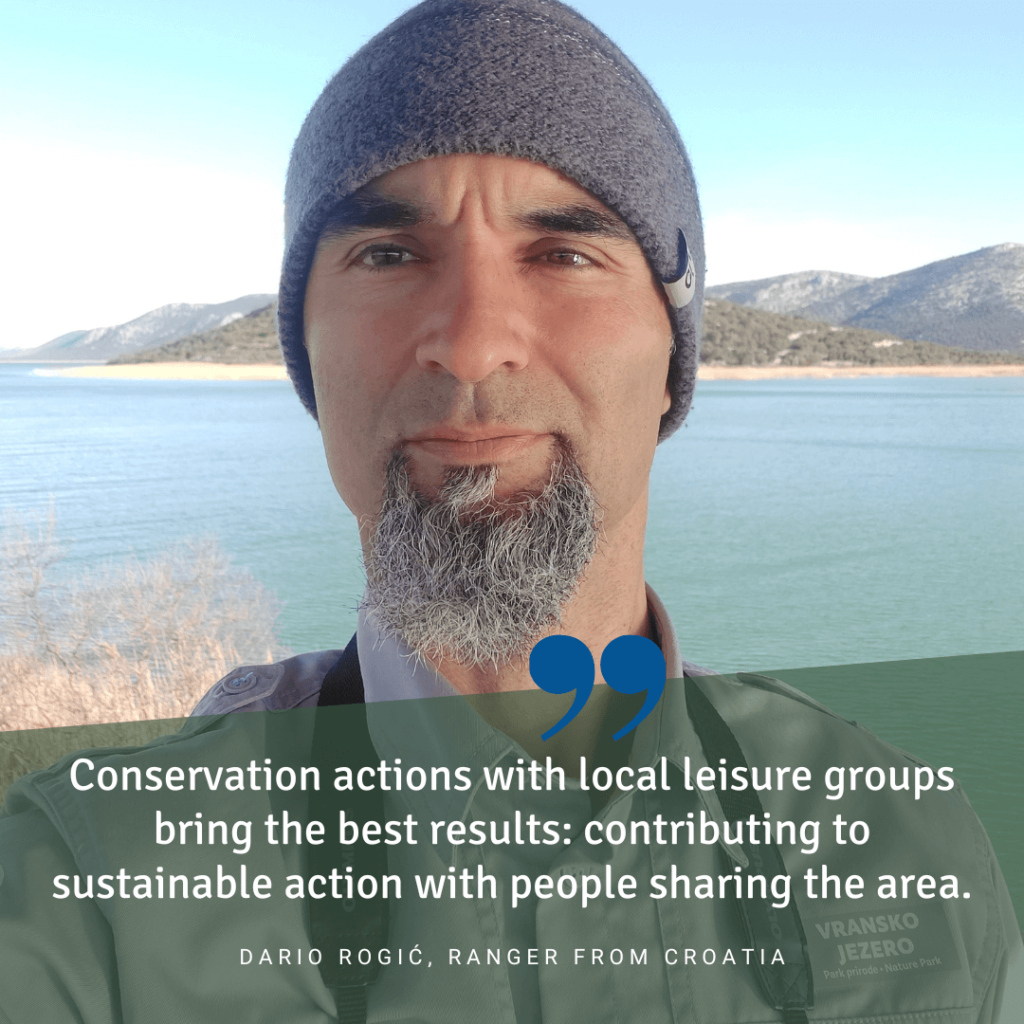
Dario, what have been the most important issues for Croatian rangers lately?
More than 38 percent of the Croatian landmass is covered by the ecological network of Natura 2000. There are 409 protected areas, but a bit different from European nomenclature. Altogether we have 20 National Parks and Nature Parks, where rangers mostly work. We lack rangers in numbers, as probably all rangers around the world do. Most of all, we had to cope with the ever-growing pressure from tourism. Croatia makes a lot of its national income through tourism. But it’s really getting hard to balance nature protection and visitor pressure. Apart from that we are dealing a lot with fires in the parks’ forests and we really feel a lot of pressure from illegal construction in the protected areas, which is a huge issue.
Illegal building is widespread in Croatia. Rangers have to record the data. But as Dario explains, the ultimate failure is the lack of political will and concern for votes to really ban construction without licenses from protected areas:
Did you find new solutions on how to deal with the growing visitor pressure?
We are caught in between, trying to add more effort in education. This is the only way we can accept tourism, helping to avoid mass tourism concentrating on vulnerable nature sites. One of the main goals of rangers and protected areas is to get people on nature’s side. Education and interpretation is very important to reach that goal. For that we always have to go back to the basics, explaining to visitors that nature is producing everything we need to live: fresh air, fresh water, healthy soils … This is really something that people need to be reminded of.

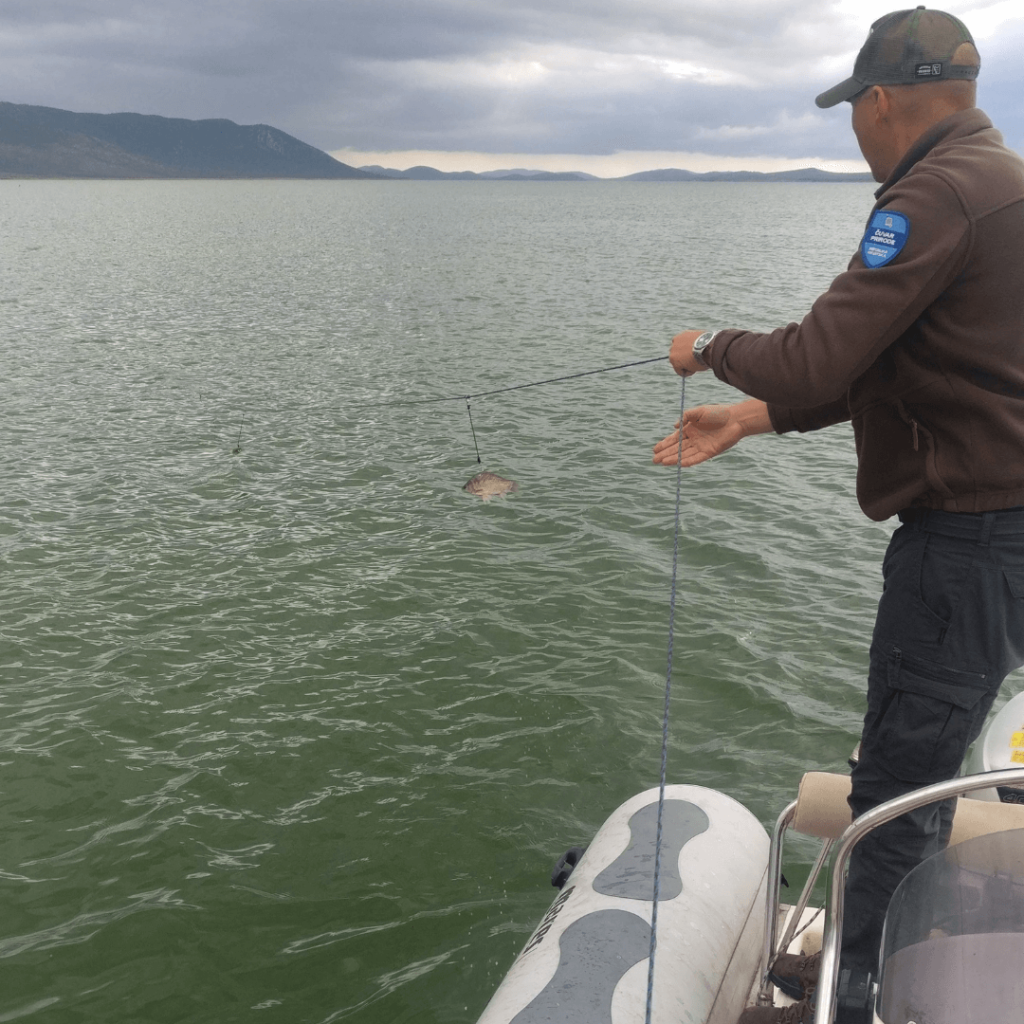
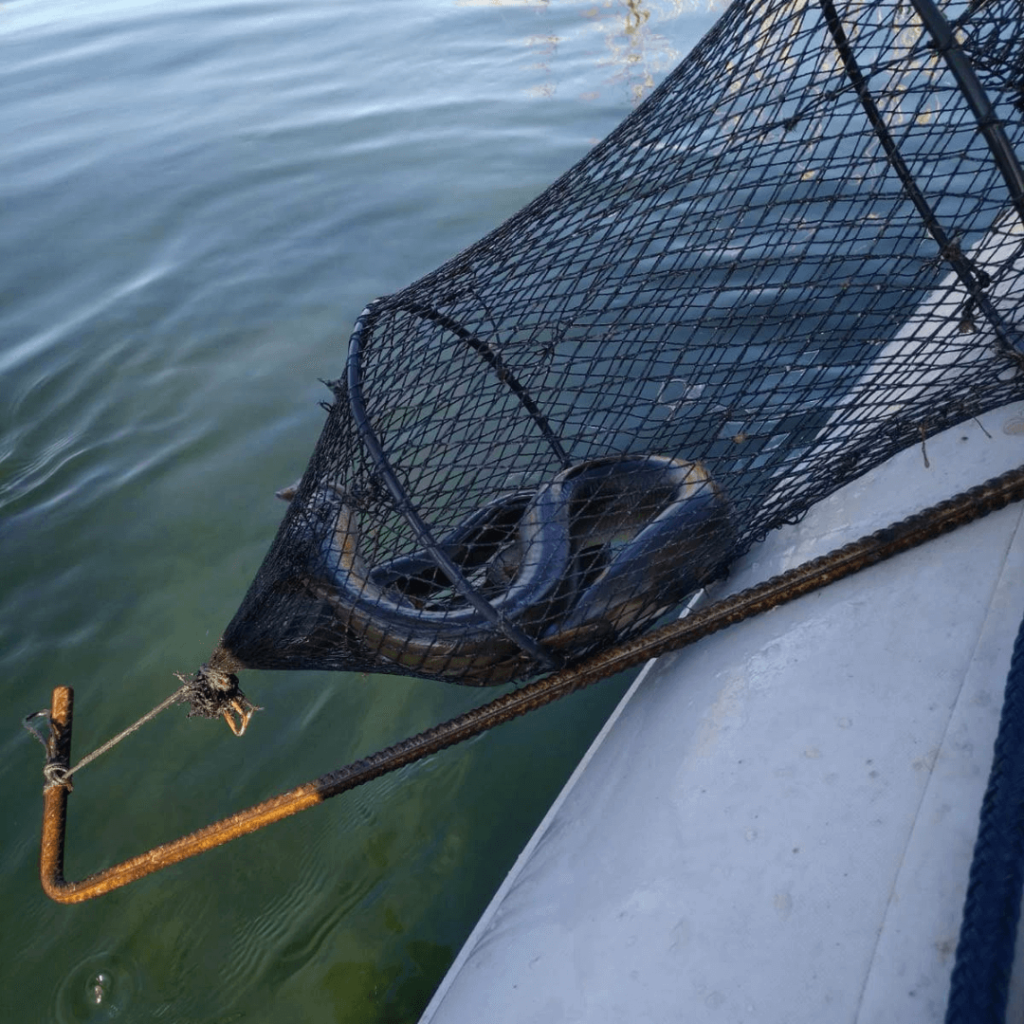
As different as nature and thus the areas of operation of the Croatian rangers are: Their commitment and extensive experience with illegal fishing, bird trapping and logging is what they have in common:
Do you have special education formats to create more understanding for nature protection?
We have education programs and Junior Ranger programs. We also offer guided tours for smaller groups sharing our knowledge and experience about nature. And we try to include the groups of our communities like mountaineering societies, runners, bikers, hunters. This returns the best results: to do something together with someone who shares the protected area for sustainable actions. Just now for example we have two main streams filling Vransko lake with water. Towards the end of winter this brings a lot of garbage into the park. The water level of the lake was rapidly rising with the rain season before, flooding the streams. Now at the end of the rain season the level drops again and brings all the garbage from the streams into the nature park. So we are organising a cleaning action with our mountaineering society, the local athletic club and will also invite the hunting society of this area. This action will take place in a special ornithological reserve within the park. It’s accessible only by boats, so I hope for good weather.
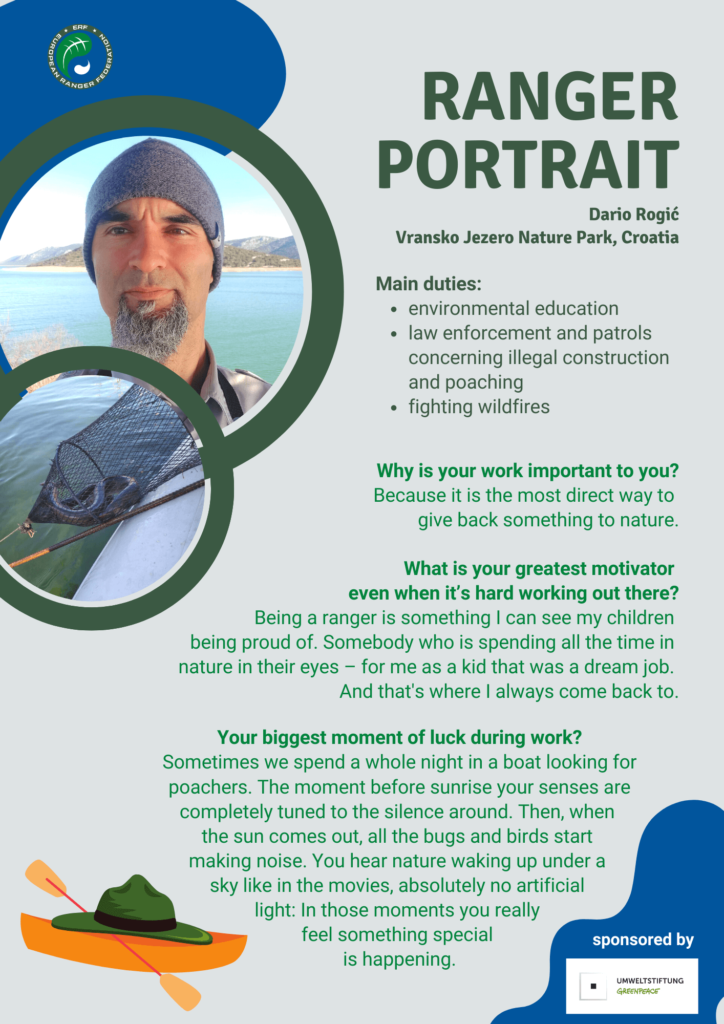
What exactly are Croatia’s rangers responsible for and how does their training work?
The legal nature protection act regulates what rangers have to do. It includes one sentence saying rangers must do what the management of the protected area requires. So we have parks where rangers only deal with tourists, others where they do some monitoring of wild species and in some third parks they do maintenance jobs. This is why we are currently aiming to change this sentence, because rangers should do more of what we consider the core business: law enforcement, nature protection and education – and not only one of these or other stuff.
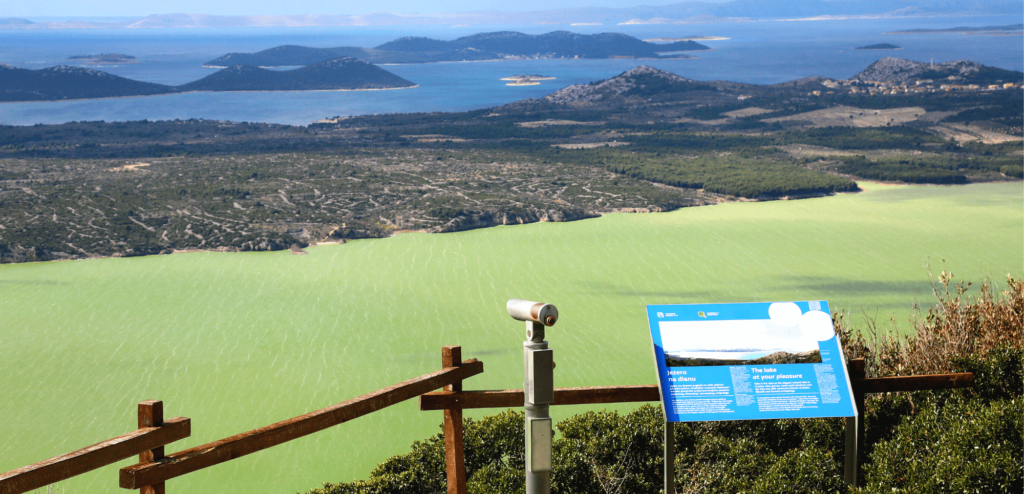
To become a ranger in Croatia you have to be employed by one of the protected areas. Then there is a one year period to pass the national ranger exam by the ministry. But rangering is not yet recognised as a profession with a defined curriculum. This is also something we are working on as an association: the legal procedure for recognising the ranger profession with precisely defined competencies. We did the groundwork by providing a list: education, first responders’ competences, firefighting, law enforcement, knowledge about nature protection measures – the whole package. Since the ranger exam is the only point where there is control on who can become a ranger, we want to make it more serious and harder to pass. Additionally, we are looking at ways to refresh the exam or provide additional training each year.
At least it’s clear that only rangers who pass the exam are rangers. Nevertheless, we keep hearing about organisations calling themselves ranger service but having nothing to do with nature conservation. How come?
One issue that we have to find a solution for is our name: In Croatia we are called guardians of nature. We are not happy with that. But we are not allowed to use a non-Croatian word like ranger for our name. So we prefer a Croatian name meaning wardens of nature, because it’s much closer to what we really do. Regarding the organisations you refer to: I think they use the name ranger for marketing purposes without being rangers in a legal and formal way. Mostly they are dealing with tourism and getting positive feedback by acting as a ranger organisation, for example to get funding more easily. For us, this is an additional reason to reflect on our professional name to clearly turn away from such an abusive use of the term ranger. The legislation in Croatia is very clear about who is a ranger and does not apply to these organisations. But for the general public this is not easy to distinguish.
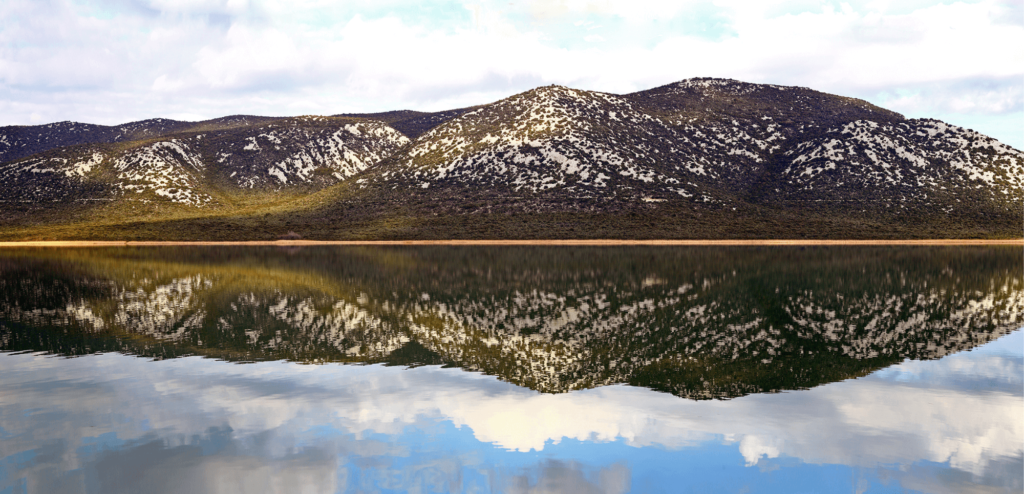
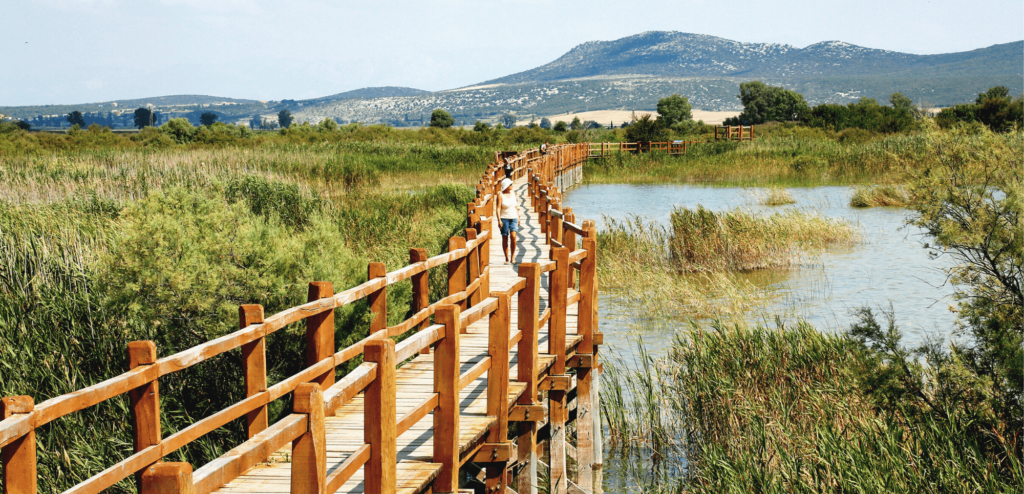
editorial work for this
content is supported by
